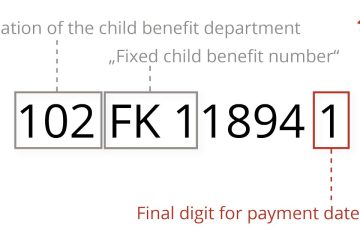The Importance of the National Living Wage in the UK
Introduction
The National Living Wage (NLW) has been a significant topic in recent discussions across the United Kingdom, especially as the cost of living continues to rise. Established with the goal of providing a fair minimum wage for all workers aged 23 and over, the NLW aims to reduce poverty and improve the quality of life for many UK residents. The relevance of this wage policy is heightened in the context of inflation and the economic challenges brought about by recent global events.
Details and Recent Developments
As of April 2023, the National Living Wage increased to £11.00 per hour, marking a substantial boost from previous levels. This increase was part of a broader commitment by the UK government to ensure workers receive a wage that reflects the rising costs of living, including housing, food, and energy. The Low Pay Commission (LPC) plays a critical role in advising the government on future increases to the NLW, ensuring that it remains aligned with economic conditions and the needs of the workforce.
Recent research indicates that approximately 2.5 million workers across the UK directly benefit from the NLW. For many, this wage increase is essential for meeting basic living expenses. However, the persistence of high inflation rates prompts concerns about whether the NLW is keeping pace with the actual cost of living. Analysts have indicated that while increases are beneficial, continued monitoring of the wage’s effectiveness is necessary to ensure it truly meets the financial needs of workers.
Impacts on Businesses and the Economy
While the National Living Wage aims to support employees, it also brings challenges for many businesses, particularly small and medium-sized enterprises (SMEs). Employers face pressure to adjust wages while maintaining profitability in an increasingly competitive market. Some claim that higher wage requirements can lead to increased prices for goods and services, complicating the situation for consumers already struggling with rising expenses.
Conclusion
As we look ahead, the National Living Wage will continue to be at the forefront of discussions regarding fair pay and economic equity in the UK. The ongoing debates will likely revolve around how to balance fair compensation for workers while also considering the operational realities faced by businesses. Stakeholders, including government bodies, employers, and workers, will need to collaborate to ensure that policies supporting the NLW remain effective and responsive to the changing economic landscape. As the cost of living evolves, so too must our approach to ensuring that every worker in the UK is paid a living wage that allows them to thrive.








